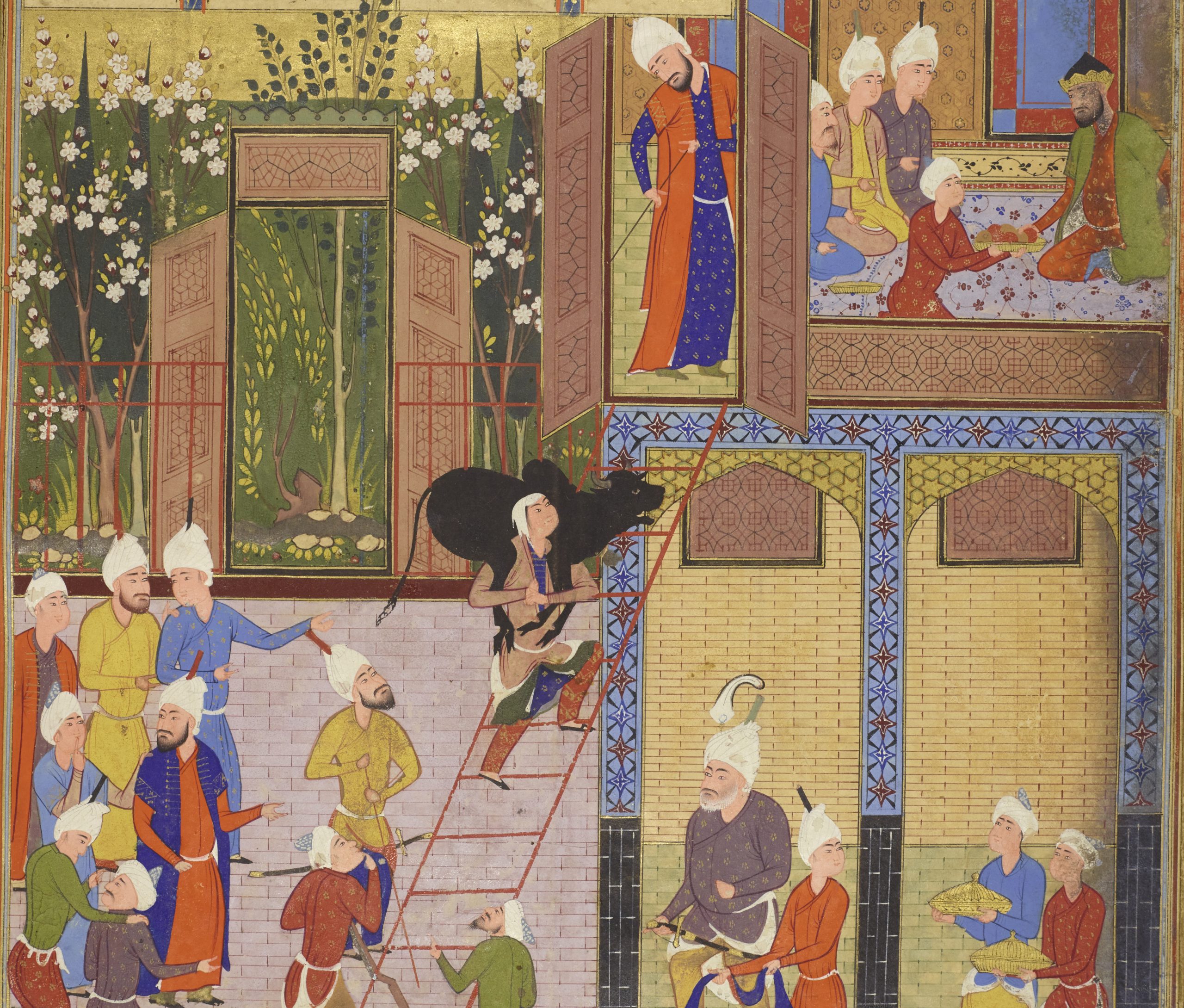A Study of Female Javānmardī in the Premodern Persianate World
Amanda Caterina Leong
Interdisciplinary Humanities
UC Merced
Javānmardī is an ethical concept of human perfection that genders Persianate subjectivity and is translated as “chivalry.” To be a javānmard means to embody “virtuous” values ranging from honesty, bravery, martial prowess, wisdom, beauty, and even opposite virtues such as trickstery and deviousness, which highlights javānmardī’s protean nature. Regardless of javānmardī’s influence on the female body and specifically the important role it plays in the shaping of a feminine identity during the medieval and early modern periods (1100-1800CE), the scholarly consensus has been that the chivalric ideal of Persianate masculinity pertains to the sexed male body only. My research argues for the need to re-perceive javānmardī as a gender-fluid performative model in order to understand how it enabled female agency in the premodern Persianate context. Considering how manuscript production has always been a fundamental tool used to legitimize Persianate kingship, I assert that a better understanding of the different and central ways female javānmardī was articulated visually in various manuscript illustrations allows us to re-perceive the way empire-building has always been understood as a female-led enterprise while providing new intersectional understandings of gender, race, and class relations from a medieval Persianate perspective.
Image credit: The University of Manchester

